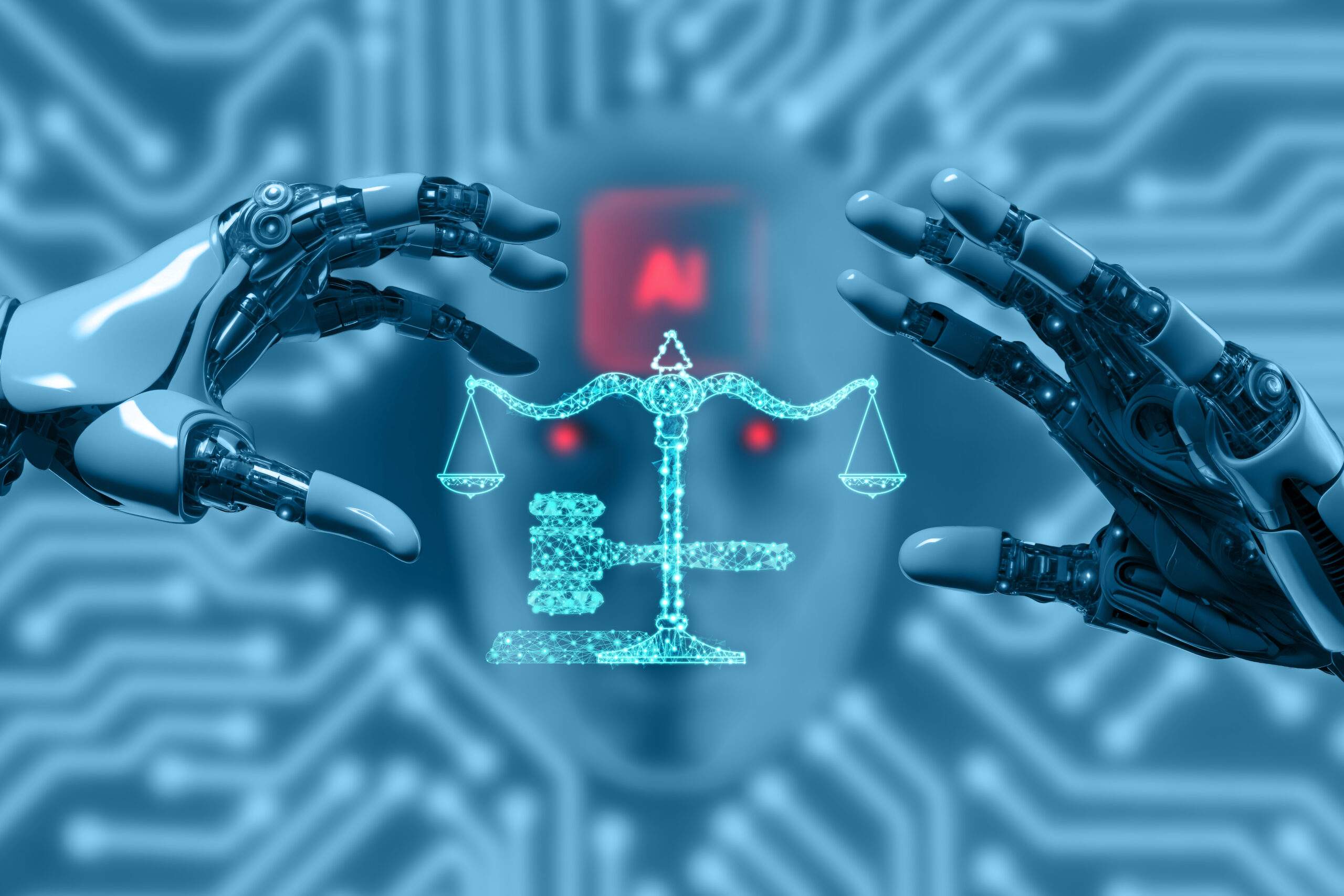AI Bias: Challenges and Solutions
Artificial Intelligence (AI) has revolutionized various sectors, from healthcare to finance, by enhancing efficiency and decision-making processes. However, the integration of AI technologies has not been without its challenges. One of the most pressing issues is AI bias, which can lead to unfair outcomes and reinforce existing societal inequalities. 
This article delves into the complexities of AI bias, its implications, and potential solutions to mitigate its effects.
Understanding AI Bias
AI bias refers to the systematic favoritism or discrimination inherent in AI algorithms, often resulting from the data used to train these systems. Bias can manifest in several forms, including:
Data Bias
This occurs when the training data is not representative of the target population. For example, facial recognition systems trained predominantly on images of lighter-skinned individuals may perform poorly on individuals with darker skin tones.
Algorithmic Bias
This arises from the design of the algorithm itself, which may inadvertently favor certain outcomes over others. Such biases can stem from the assumptions made during the algorithm's development.
Human Bias
AI systems are often influenced by the biases of their creators. If developers hold unconscious biases, these can seep into the algorithms they design, perpetuating stereotypes and discrimination.
The implications of AI bias are far-reaching. In sectors like criminal justice, biased algorithms can lead to disproportionate sentencing or profiling. In hiring processes, biased AI can eliminate qualified candidates based on race or gender. Thus, addressing AI bias is crucial for ensuring fairness and equity in AI applications.
Challenges in Mitigating AI Bias
Despite the growing awareness of AI bias, several challenges hinder its resolution:
Lack of Diversity in Data
Many datasets used to train AI models are not diverse enough, leading to skewed results. For instance, datasets may over-represent certain demographics while under-representing others, resulting in biased outcomes.
Complexity of Algorithms
The intricate nature of AI algorithms makes it difficult to identify and rectify biases. Many models operate as "black boxes," where the decision-making process is not transparent, complicating efforts to pinpoint sources of bias.
Resistance to Change
Organizations may be reluctant to address AI bias due to the perceived costs and resources required for reform. This resistance can stem from a lack of understanding of the long-term benefits of equitable AI systems.
Ethical Considerations
Navigating the ethical implications of AI bias presents a challenge. Determining what constitutes a fair outcome can be subjective and context-dependent, complicating the development of universally accepted standards.
Strategies for Addressing AI Bias
To effectively combat AI bias, a multi-faceted approach is necessary. The following strategies can help organizations create more equitable AI systems:
Diverse Data Collection
Organizations should prioritize the collection of diverse datasets that accurately represent the populations affected by AI systems. This includes ensuring that training data encompasses various demographics, such as race, gender, and socioeconomic status.
Algorithm Transparency
Developing transparent algorithms can facilitate the identification of biases. Techniques such as explainable AI (XAI) allow stakeholders to understand how decisions are made, enabling them to spot and correct biases more effectively.
Regular Audits and Testing
Implementing regular audits of AI systems can help identify biases in real-time. Testing algorithms against diverse scenarios can reveal potential weaknesses and areas for improvement.
Interdisciplinary Collaboration
Engaging experts from various fields—such as ethics, sociology, and computer science—can provide a holistic perspective on AI bias. This collaboration can foster innovative solutions and ensure that diverse viewpoints are considered in the development process.
Education and Training
Providing training for developers and stakeholders on the implications of AI bias is crucial. This education can help raise awareness of unconscious biases and promote a culture of inclusivity and fairness within organizations.
The Path Forward
As AI continues to permeate various aspects of society, addressing bias within these systems is imperative. By acknowledging the challenges and implementing comprehensive strategies, organizations can work towards creating fairer AI technologies. This not only enhances the credibility of AI systems but also fosters trust among users and stakeholders.
To ensure a future where AI serves all members of society equitably, it is essential to prioritize diversity, transparency, and ethical considerations in AI development. The responsibility lies with developers, organizations, and policymakers to champion these principles and strive for a more just technological landscape.
References
- AI Bias: Understanding the Challenge
- The Dangers of AI Bias
- Mitigating Bias in AI
- Algorithmic Bias Detecting and Mitigating
- Ethics of AI and Bias
- Understanding AI Bias and Its Impact
- The Importance of Diversity in AI
- Addressing AI Bias
- A Guide to Algorithmic Bias
- Best Practices for Reducing AI Bias
















![Nekodex – Earn 20K+ NekoCoin ($20) [Highly Suggested]](https://cdn.bulbapp.io/frontend/images/b4f0a940-f27c-4168-8aaf-42f2974a82f0/1)













































